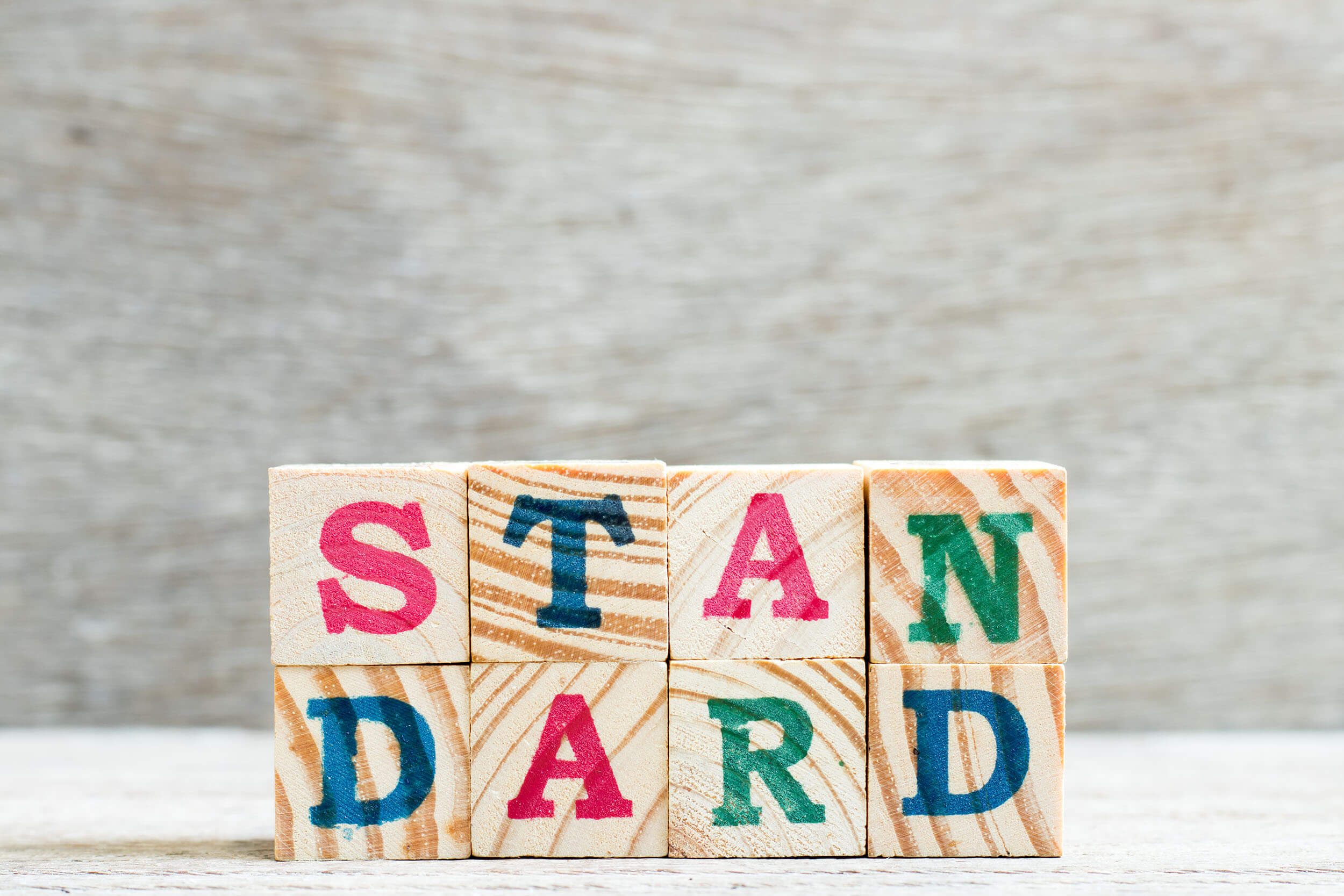The practice of outsourcing sees TV stations, movie studios, and streaming giants hire external subtitling vendors instead of using in-house subtitlers. The result is that funds trickle down from managers until employees at the bottom—the subtitlers—are left with the dregs.
“The rates have not been increased in around 20 years,” said Max Deryagin, chair of the British Subtitlers’ Association and a representative of AudioVisual Translators Europe, a federation that aims to improve working conditions for all media translators by working with and educating European institutions and legislators. “As you can imagine, with inflation, that’s not good.”
In addition to low rates, subtitlers contend with unrealistic expectations, tight deadlines, and competition from clunky machine translation. Often, their work goes underappreciated, under the radar.
Unfairly criticized, underfunded, and facing a lack of support from the entertainment industry, Deryagin said subtitlers are on the brink. At least the Squid Game controversy illuminated an unsung fact: good subtitles are an exceptionally difficult art.
Subtitlers toil for months over the length, timing, and nuance behind little words so they unobtrusively run across our screens and allow us to enjoy content from all over the world. Sometimes they study the reference material of adaptations. Sometimes they take special requests from filmmakers. Sometimes they construct their very own made-up terminology for fantasy worlds or superheroes.
Doga Uludag, a subtitlter who has worked on some of the biggest titles to hit Netflix, including Sweet Tooth, Sex Education, Jupiter’s Legacy, The Haunting of Bly Manor, The Queen’s Gambit, and The Crown, said it takes at least five years of training to become specialized. She is concerned that new subtitlers will not be attracted to a profession requiring so much preparation if the pay remains dismal.
Also not helping the situation is the exponential increase in streaming content, which has seen a trend in mixed machine and human translation. AI technology such as Google Cloud AI is vital for closed captioning. Yet when this technology is used to do a quick generation of subtitles, it still requires quality control from a human editor. This means subtitlers receive even less compensation. “The translator makes less for something they enjoy less,” Deryagin said. “It’s just a lose-lose.”
Uludag said she is confused by the underappreciation for subtitlers. “The art of subtitling is complex, combining skills from multiple realms,” she said. “Translation is only part of it. It’s about knowing who you’re translating for, mastering localization so people can appreciate the next Squid Game or Parasite the world over. Bring me a machine that can do that.”
Read Full Article from CNET (CA) (02/11/22)
Author: Bisset, Jennifer




